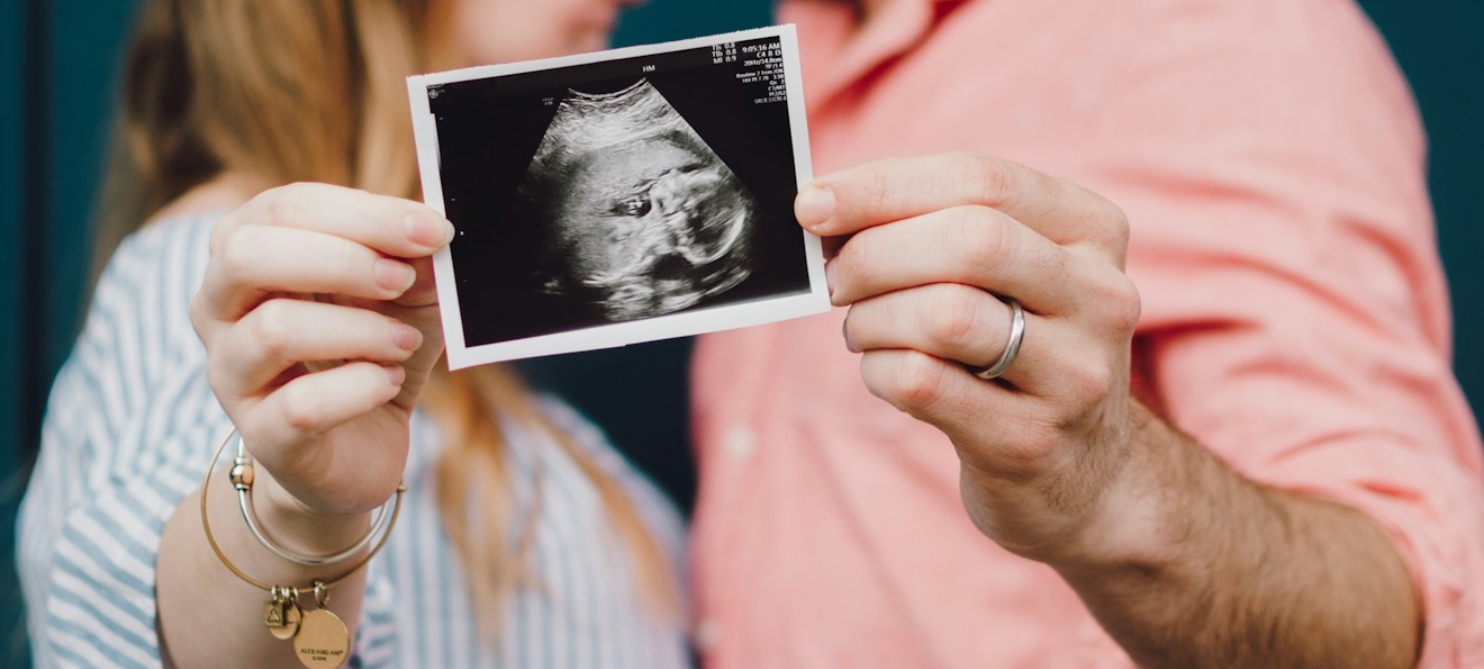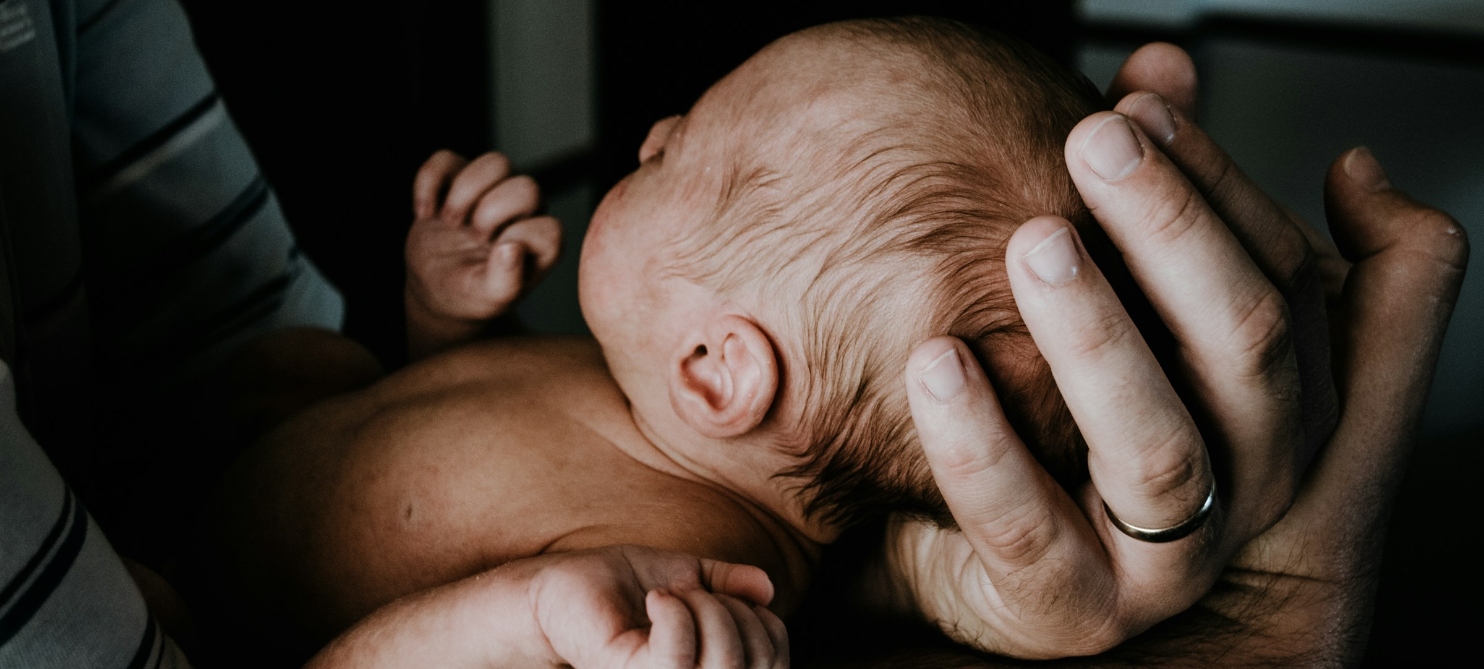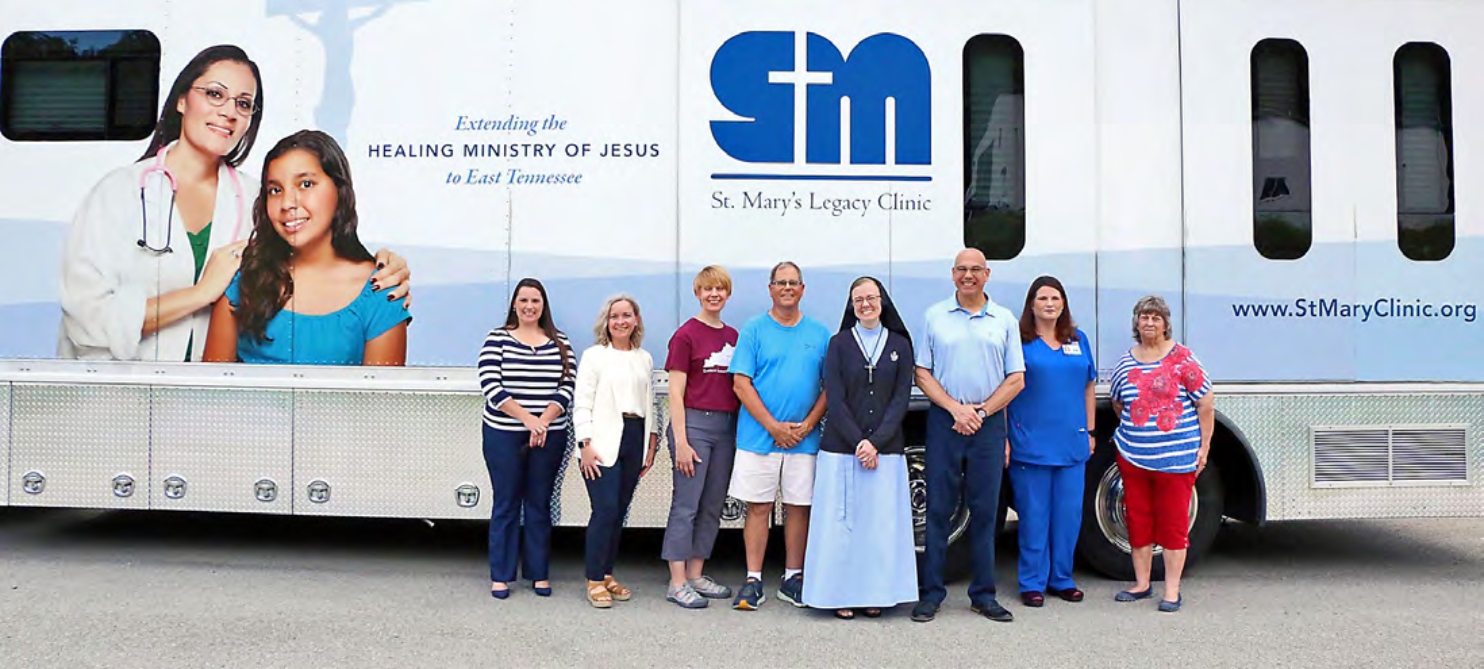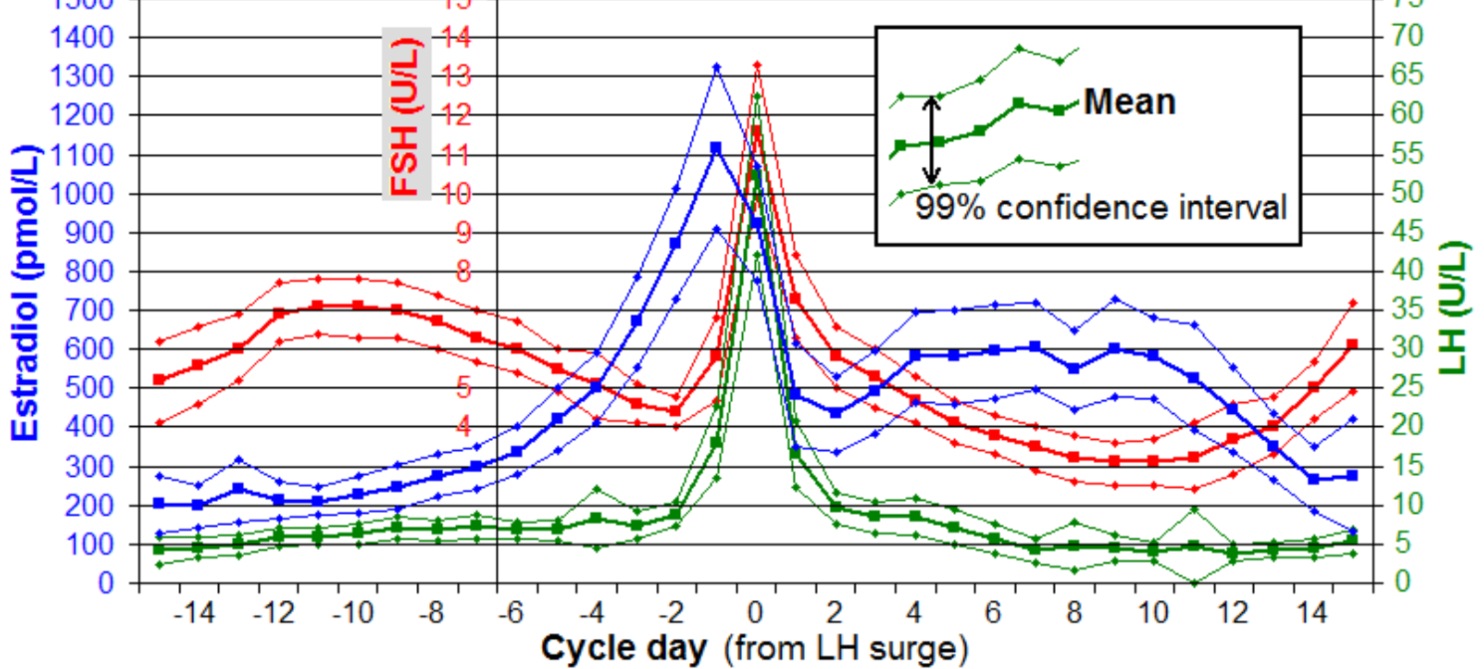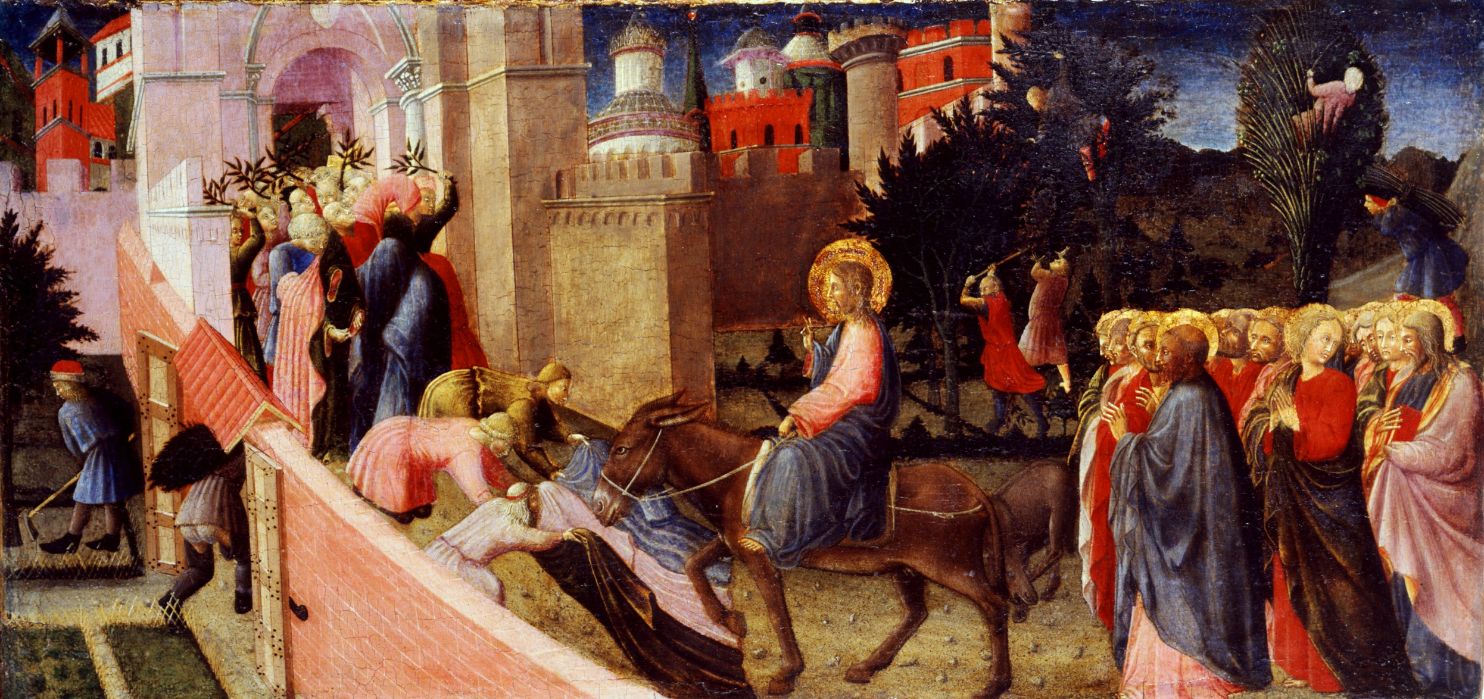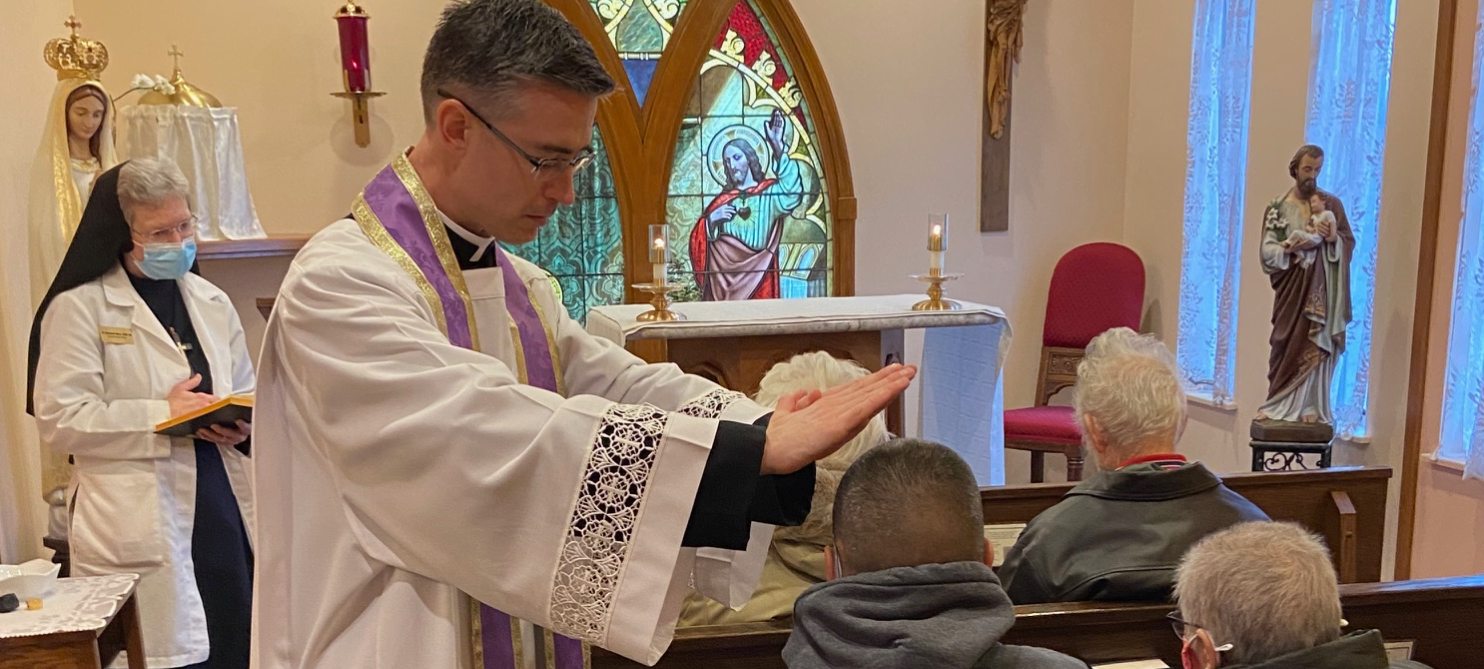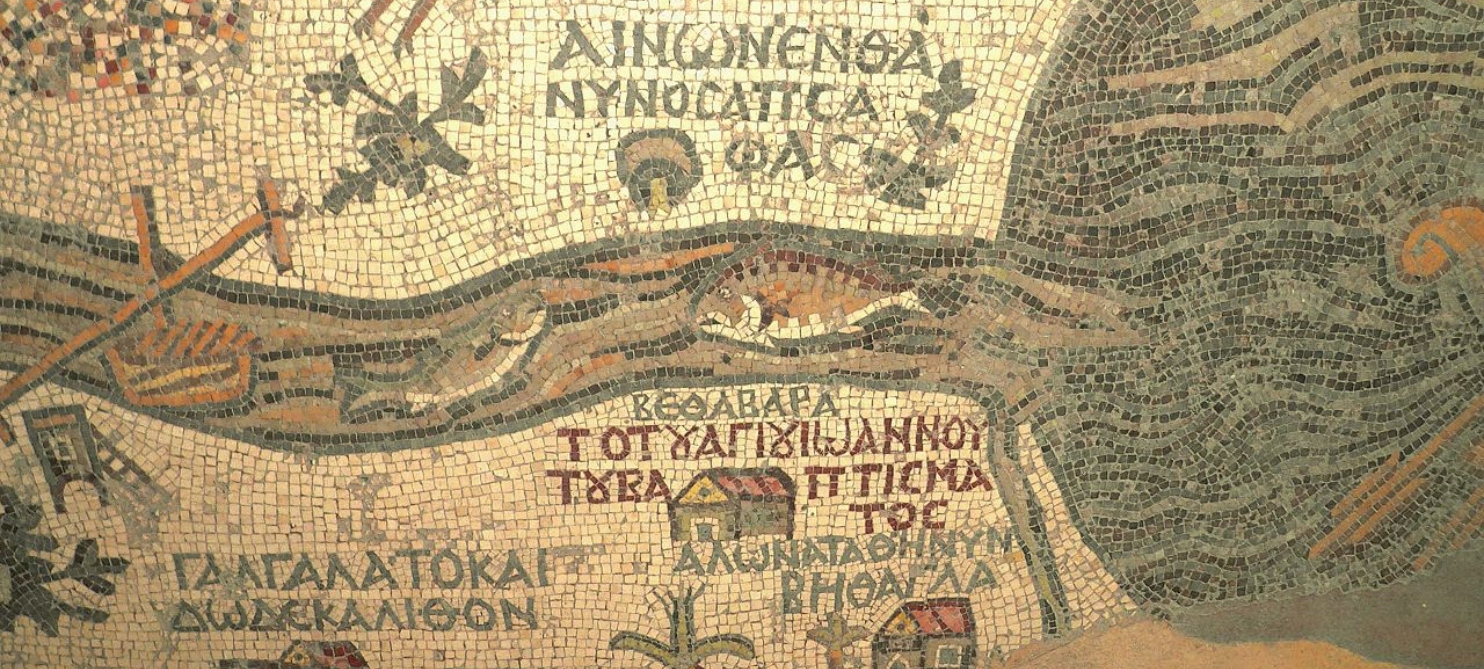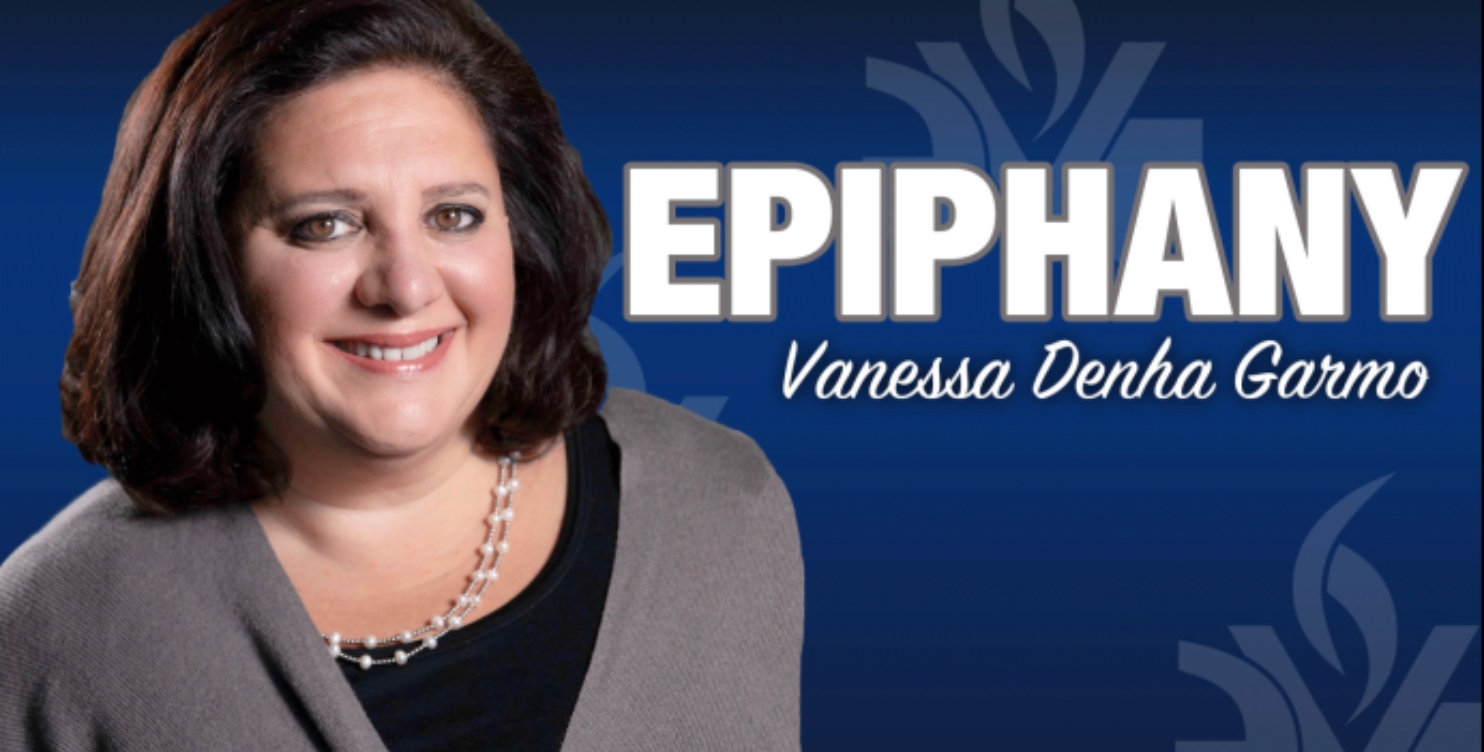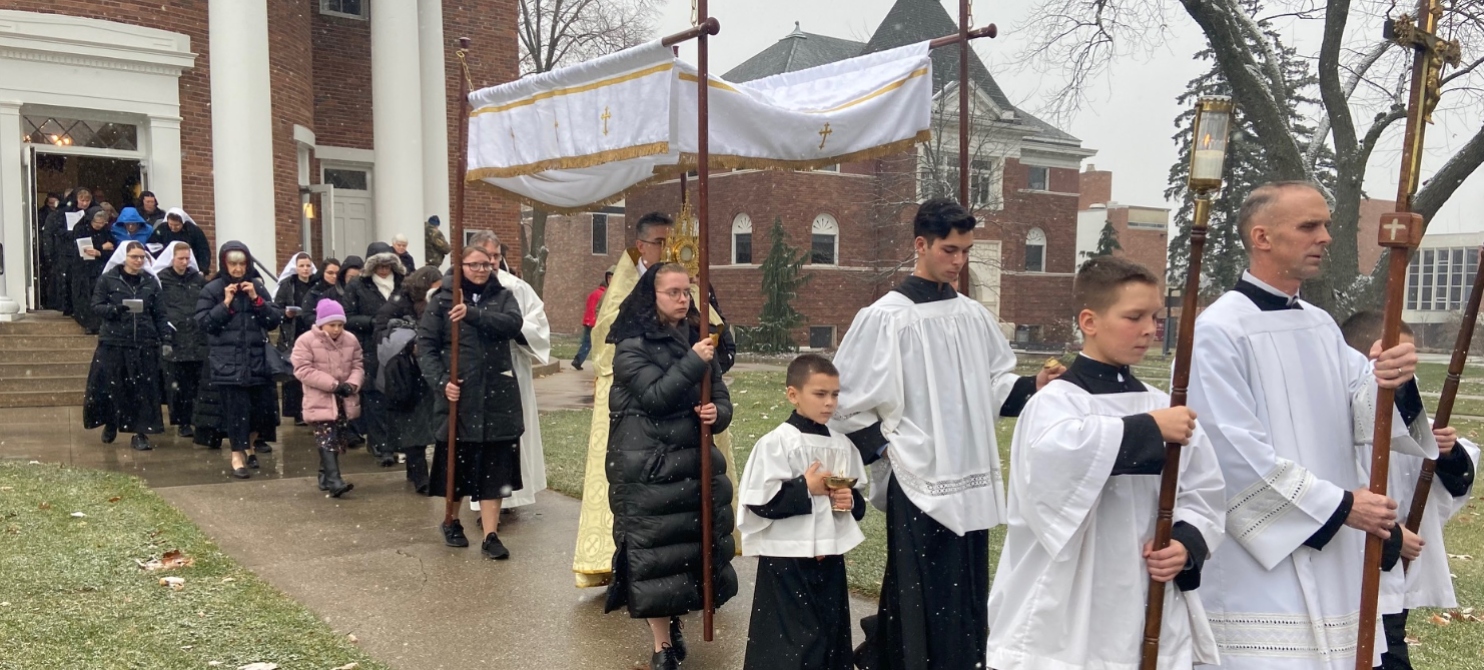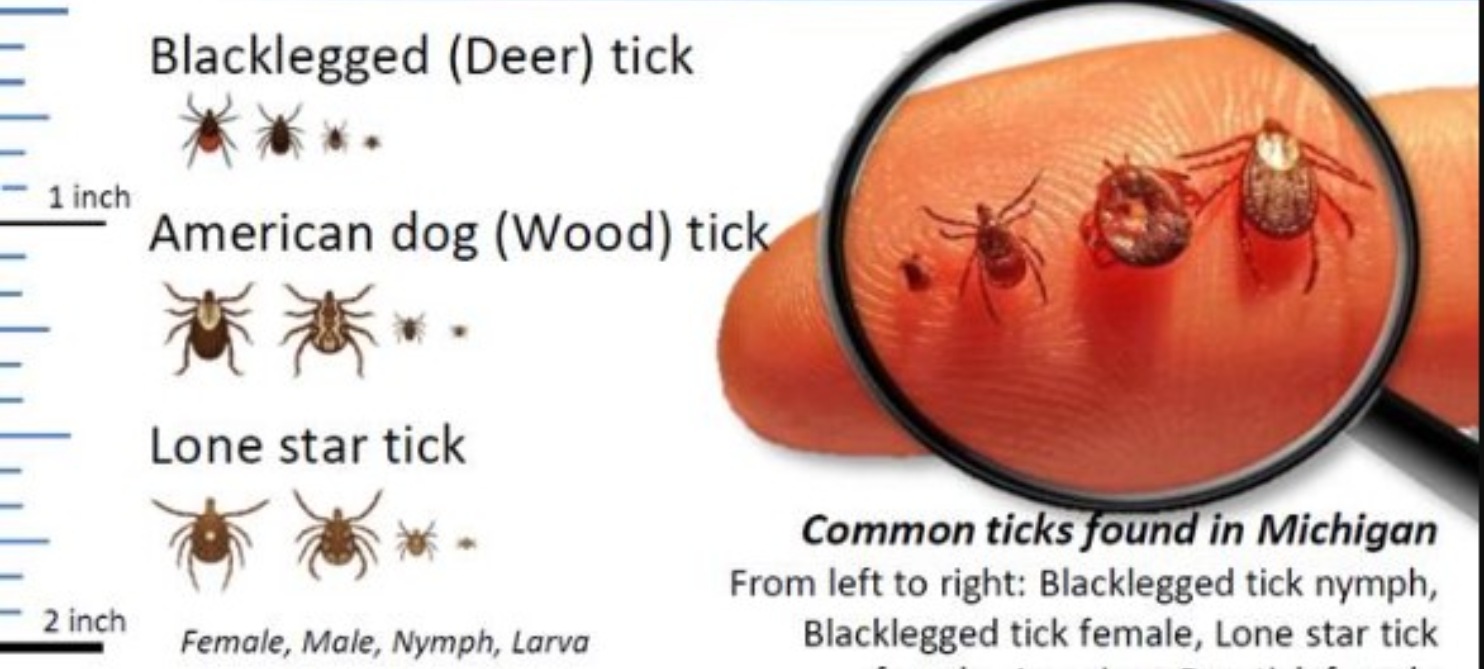As we draw towards the end of the Christmas season and begin a new year, our minds may be busy with reflecting on what we are thankful for this past year, or simply relieved from the pressing thoughts of buying gifts and finishing Christmas cards. Although doing things for other people may seem to be more elegant and ‘saintly’ than the later, both situations have a common theme – gratitude. Cultivating gratitude actually has more benefits for our wellbeing than just the simple exchange of gifts or writing down what we are thankful for.
What is gratitude?
From the Merriam-Webster dictionary, gratitude is “the state of being appreciative of benefits received”.[1],[2] Some studies suggest that the experience of gratitude and appreciation foster positive wellbeing, with positive feelings contributing to one’s sense of wellbeing, better subjective sleep quality and sleep duration.[3] More recent studies suggest that exchanging gifts increases neural activity, fosters cooperative relationships and improve cognitive performance[4],[5]. Further, research in neuroscience has found that during the expression and receiving of gratitude, dopamine and serotonin (our natural neurotransmitters that makes us feel happy) are released.[6] It is no wonder why we enjoy giving gifts and receiving gifts!
Important for spiritual wellbeing
Aside from its physical, mental, and social benefits, gratitude is also important for spiritual wellbeing. In addition to the above definition of gratitude, St Thomas Aquinas, in the Summa Theologica[7], put thankfulness as a special part of the virtue of justice, in giving thanks to those from whom we have received particular favors. Ultimately, the first giver of everything is the Almighty God, and as such much gratitude is rightly owed to Him, as Venerable Catherine McAuley said,
“The most acceptable return a benefactor can receive from those on whom he bestows favors, is a countenance testifying the gratitude of the heart. How acceptable must it be to God when we make Him this return, showing to all, by a cheerful, happy countenance, the gratitude with which our hearts overflow towards Him for His many favors in this life, and His great promises for the life to come.”[8]
Mindfulness of Gratitude
Perhaps as we finish this Christmas season and welcome the new year, we can be mindful of gratitude towards our God and our neighbors, because of its goodness for our wellbeing, body and soul. Whether it would be saying a prayer of gratitude for what you are thankful for this year, returning to the Mass in your local Parish and giving thanks for being able to once again receive the Eucharist, a kind word to your family members, helping with the needs of charities, or bringing a plate of cookies to your neighbor who is alone this Christmas, the list is endless. Be creative! May we be like the Three Kings in bringing gifts to the newborn King, Jesus, recognizing that He Himself is the first Gift given to us.
[1] “Gratitude.” Merriam-Webster.com Dictionary, Merriam-Webster, https://www.merriam-webster.com/dictionary/gratitude. Accessed 23 Dec. 2020.
[2] “Grateful.” Merriam-Webster.com Dictionary, Merriam-Webster, https://www.merriam-webster.com/dictionary/grateful. Accessed 23 Dec. 2020.
[3] Sansone RA, Sansone LA. Gratitude and well being: the benefits of appreciation. Psychiatry (Edgmont). 2010;7(11):18–22.
[4] Michela Balconi, Giulia Fronda, Maria Elide Vanutelli, A gift for gratitude and cooperative behavior: brain and cognitive effects, Social Cognitive and Affective Neuroscience, Volume 14, Issue 12, December 2019, Pages 1317–1327, https://doi.org/10.1093/scan/nsaa003
[5] Balconi, M., Fronda, G. & Vanutelli, M.E. When gratitude and cooperation between friends affect inter-brain connectivity for EEG. BMC Neurosci 21, 14 (2020). https://doi.org/10.1186/s12868-020-00563-7
[6] Chowdhury, M R. The Neuroscience of Gratitude and How It Affects Anxiety & Grief. https://positivepsychology.com/neuroscience-of-gratitude/ Accessed 23 Dec. 2020.
[7] Summa Theologica, IIaIIae, q 106, a1.
[8] Ven. Catherine McAuley. Maxims and Counsels #149, in the Familiar Instruction
January 2, 2021
